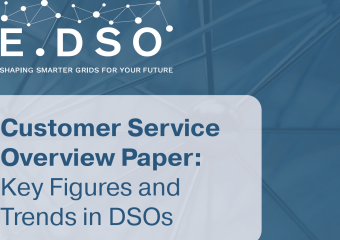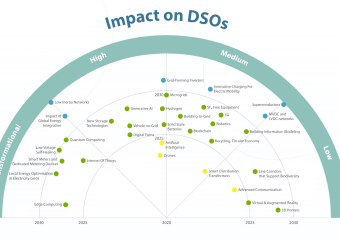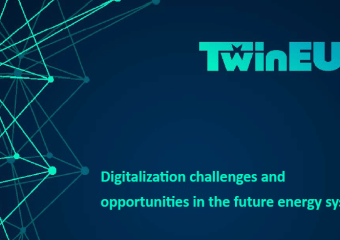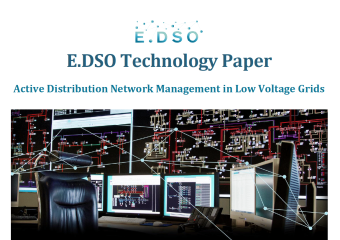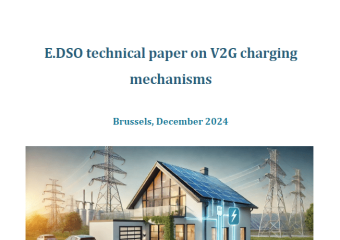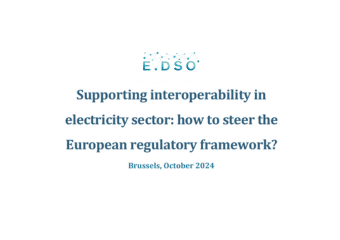Joint DSO Response to All TSOs’ proposal for the key organisational requirements, roles and responsibilities in relation to data
This response paper is a joint response from EURELECTRIC, CEDEC, GEODE and EDSO for Smart Grids, taking part in the ENTSO-E public consultation on All TSOs’ proposal for the key organisational requirements, roles and responsibilities (KORRR) in relation to data exchange pursuant to Article 40.6of Commission Regulation (EU) 2017/1485 of 2 August 2017 establishing a guideline on electricity transmission system operation (SO GL). The consultation response has been submitted online.
In the view of EURELECTRIC, CEDEC, GEODE and EDSO for Smart Grids, the scope of the KORRR should remain the way it is defined in the System Operation Guideline (article 40.6). The KORRR should not introduce more stringent requirements. Building on several network codes and guidelines and on other related European legislation, legal consistency should be guaranteed. This would be important already to allow for a constructive and detailed stakeholder feedback.
Data exchange is a topic with a long history in terms of TSO-DSO cooperation. In this respect, in addition to the absolute need for legal consistency, the already agreed operational principles should also be respected. This should be the case for example of the agreement reached between TSOs and DSOs at European level (and published in the Data Management report1), that generally, each system operator should be responsible for directly collecting the data from users connected to its grid (generators,consumers, storage etc.). This already agreed solution should be reflected and respected inthe KORRR.
In the KORRR proposal, EURELECTRIC, CEDEC, GEODE and EDSO for Smart Grids find that there is a serious inconsistency in the System Operation Guideline (article 40.7) where it reads that TSOs and DSOs should agree on effective, efficient and proportional processes for providing and managing data exchanges. In the KORRR, the agreement has been replaced with “coordination”, resulting not only in legal inconsistency but also in establishing a hierarchy between the TSOs and DSOs. The wording”agreement” should therefore be used instead. Article 4.4 of the KORRR proposal must be changed to an unmodified copy of article 40(10) of (EU) 2017/1485. A restriction of rights of DSOs, stemming from art.40.10, is unacceptable.
EURELECTRIC, CEDEC, GEODE and EDSO for Smart Grids consider that duplicated data transfer is inefficient. It brings about unnecessary costs to stakeholders and should therefore be strongly deprecated. We also emphasise that DSOs with a connection point to a transmission system have a legal right to receive the relevant structural, scheduled and real-time information from the relevant TSOs and to gather the relevant structural, scheduled and real-time information from the neighbouring DSOs.
It is necessary to guarantee also for the KORRR proposal that the fundamental principles of EU law are respected. These are: the principle of proportionality (Article 5(4) of the Treaty on European Union), the principle of subsidiarity (Article 5(3) of the Treaty on European Union) and the principle of data scarcity (e.g. article 6(1) of (EU) 2016/679).
In the view of EURELECTRIC, CEDEC, GEODE and EDSO for Smart Grids, paragraph 1 of Article 18should be deleted completely. There is no justification for a retrospective application of the requirements. TSOs should provide a thorough justification before applying any requirements retrospectively. Furthermore, the process for exemptions is costly, bureaucratic and unsuitable.

